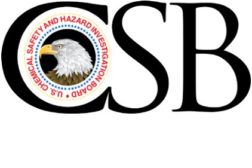Home » Keywords: » policy
Items Tagged with 'policy'
ARTICLES
Dave Johnson: What's Going On
Wouldn’t it be nice: A 'perfect' approach to mental health in the workplace
May 11, 2023
Best Practices
How to prepare for rise in cancer rates
Survey on work-related exposure in EU to be published this year
February 6, 2023
Never miss the latest news and trends driving the safety industry
eNewsletter | Website | eMagazine
JOIN TODAYCopyright ©2024. All Rights Reserved BNP Media.
Design, CMS, Hosting & Web Development :: ePublishing













